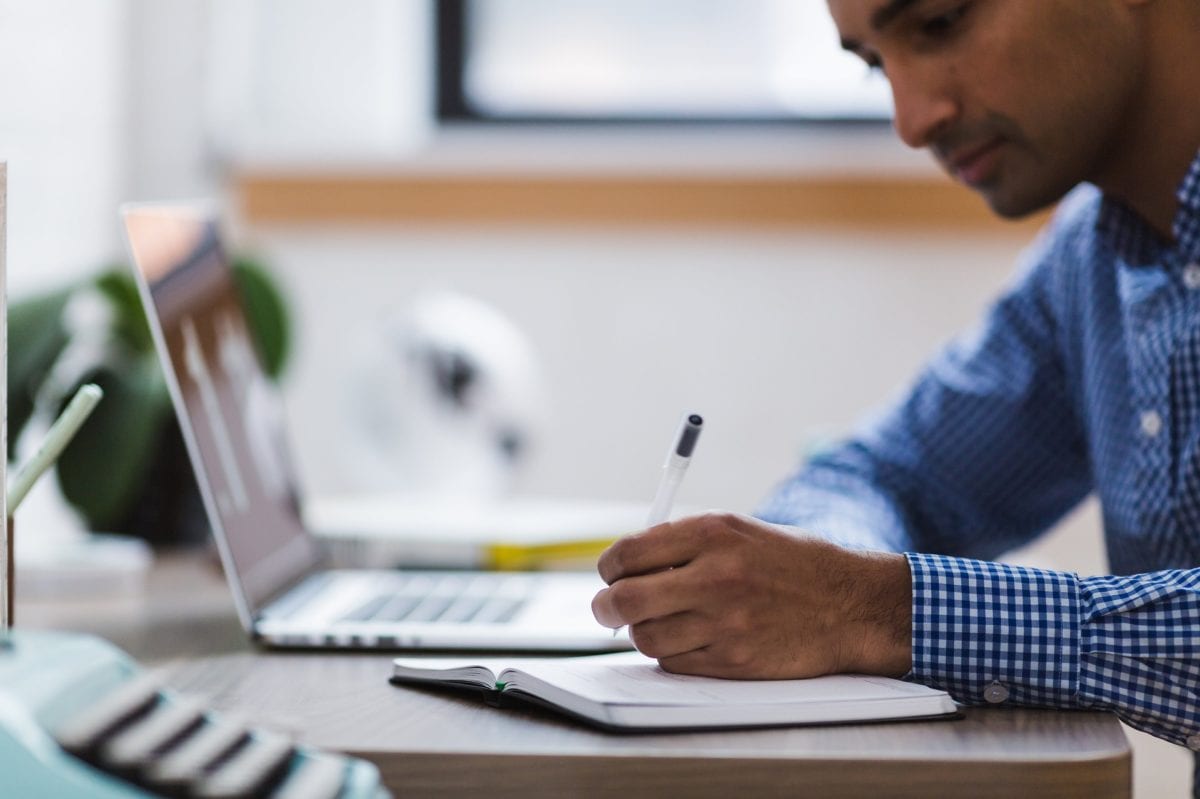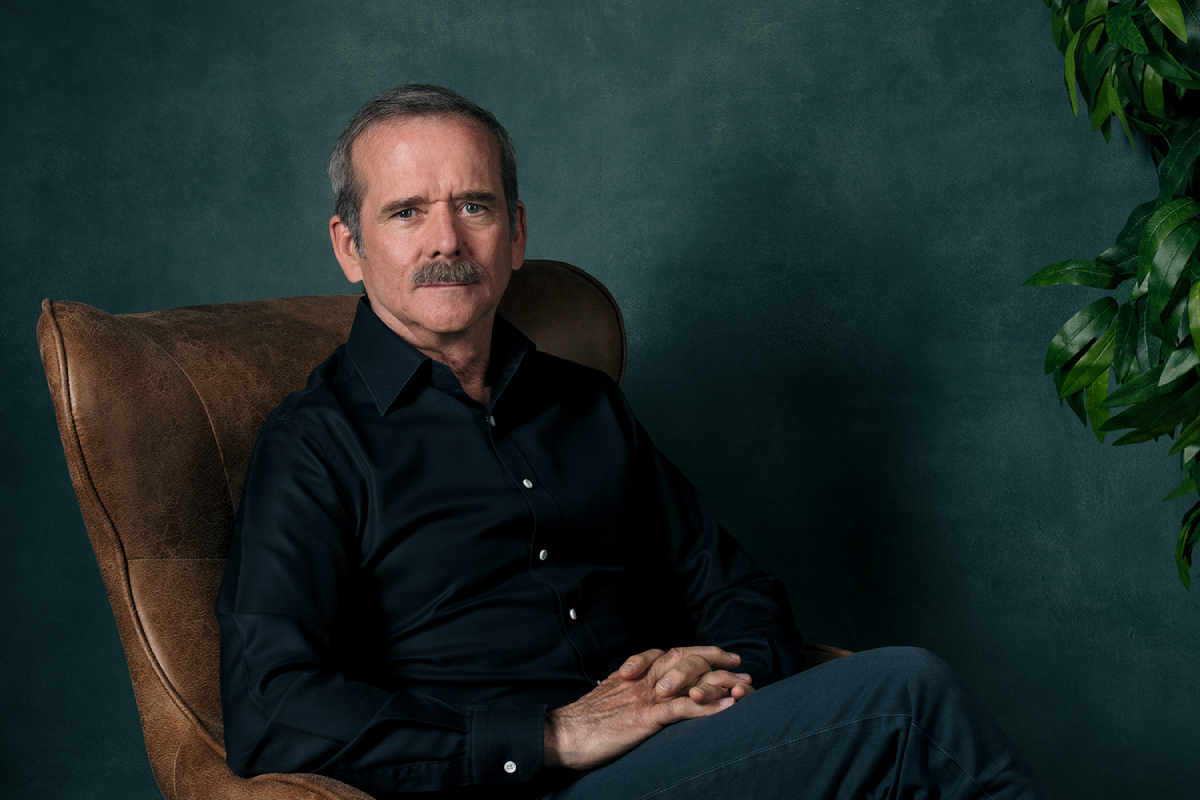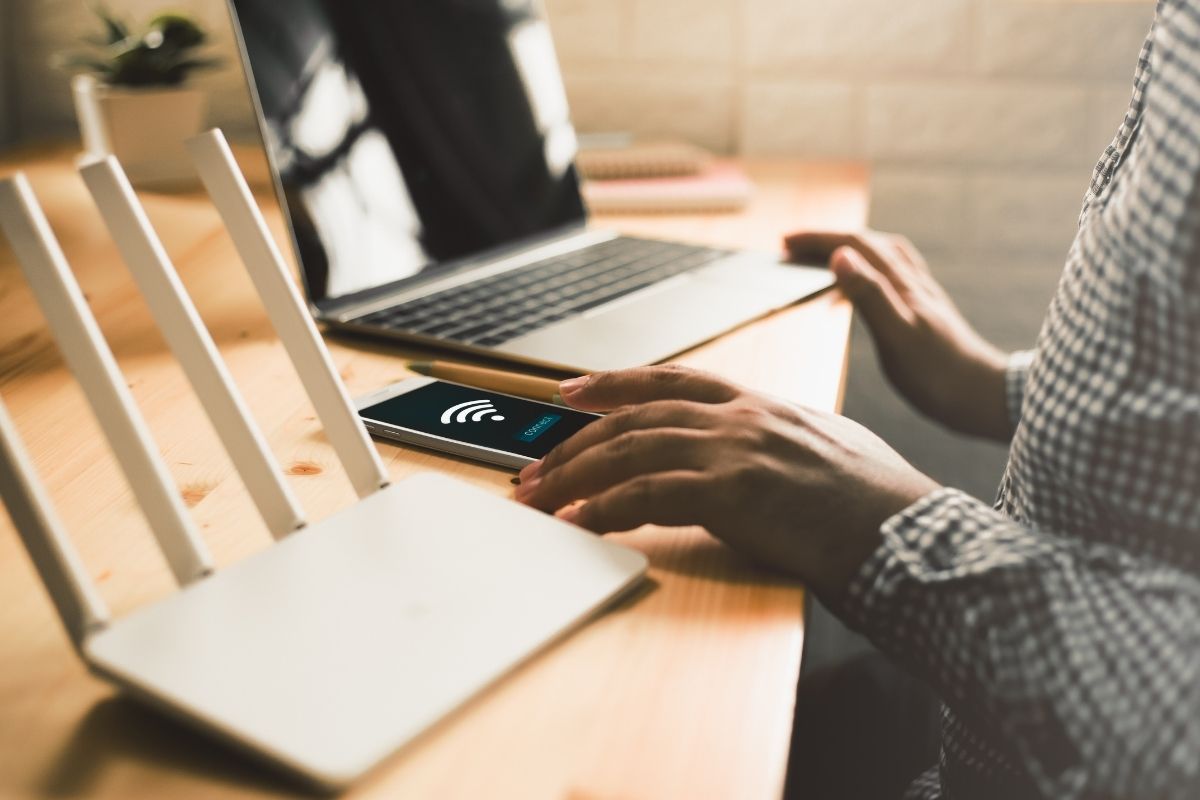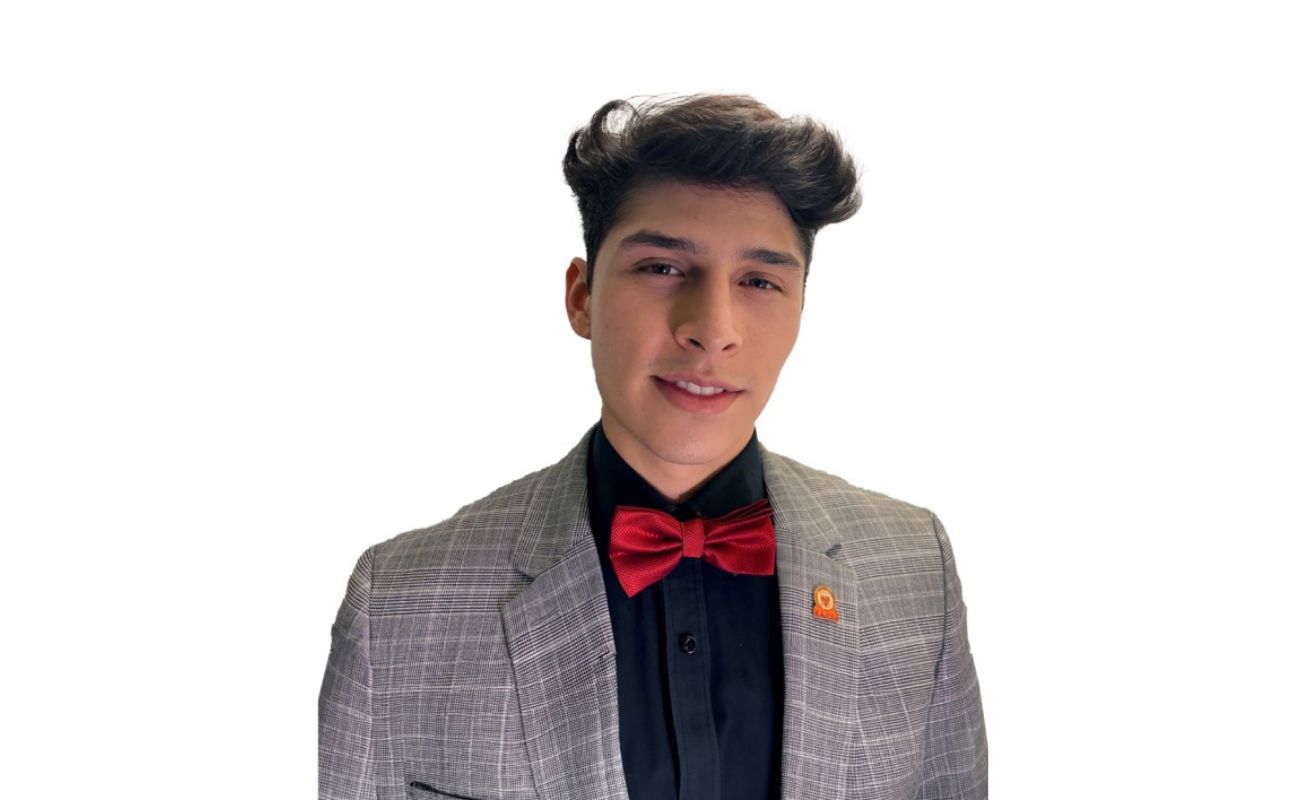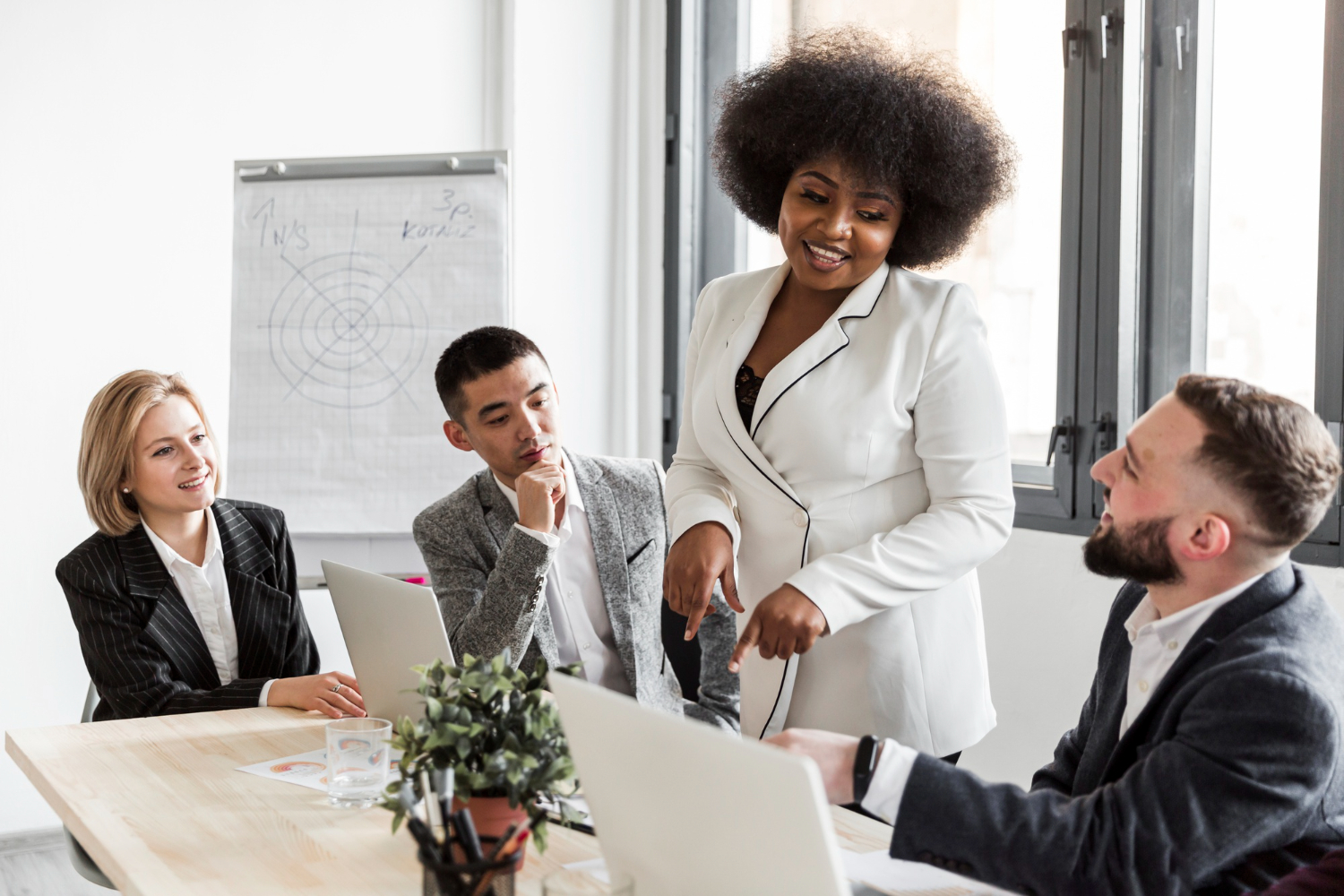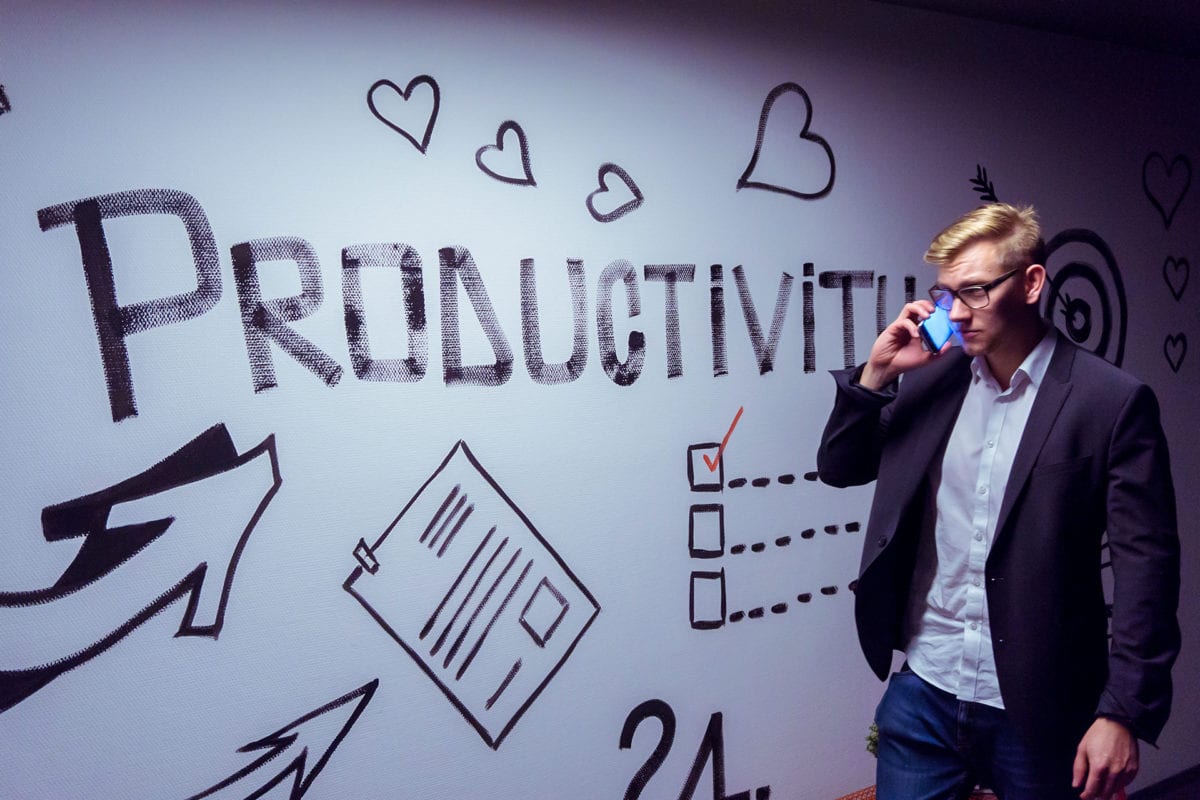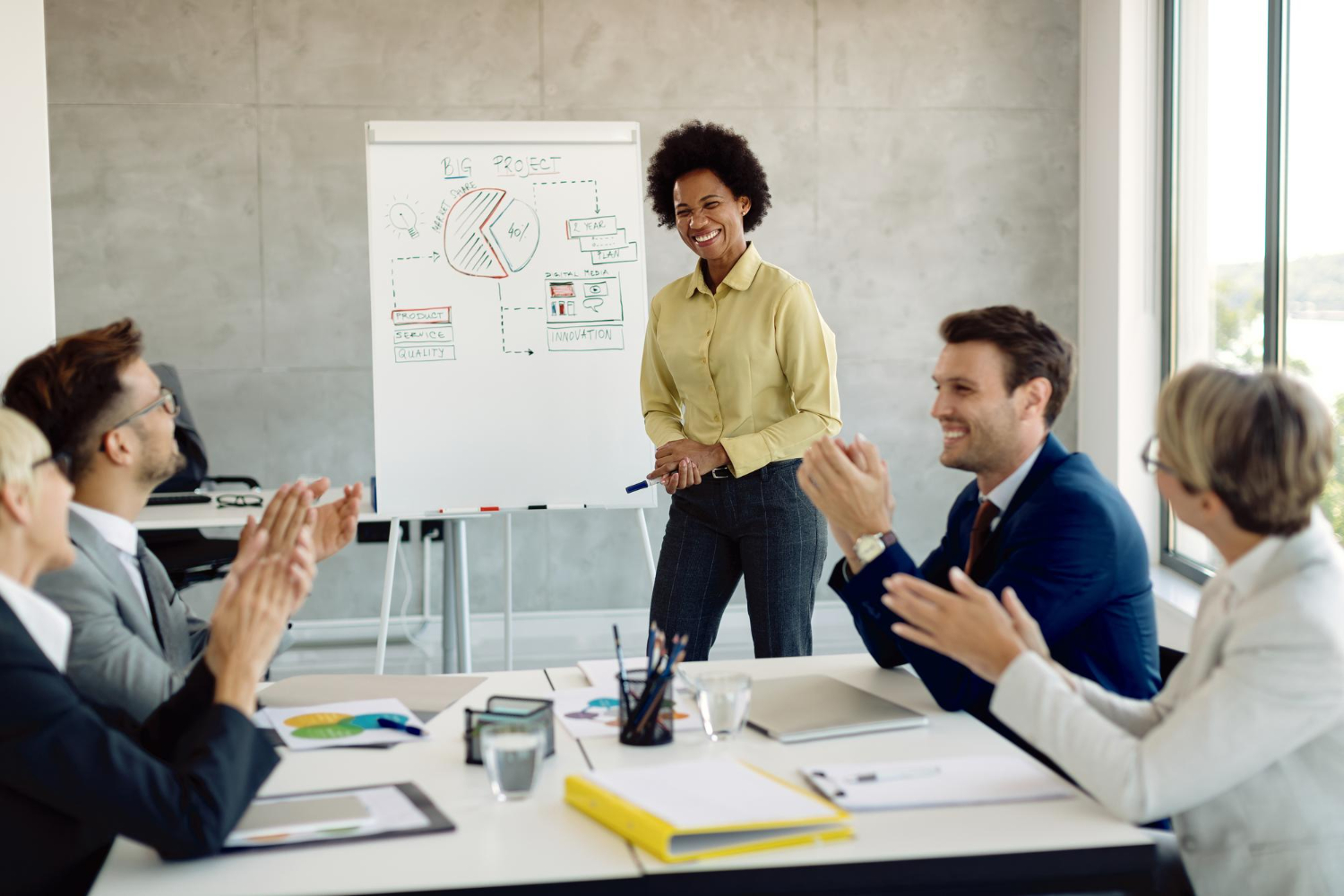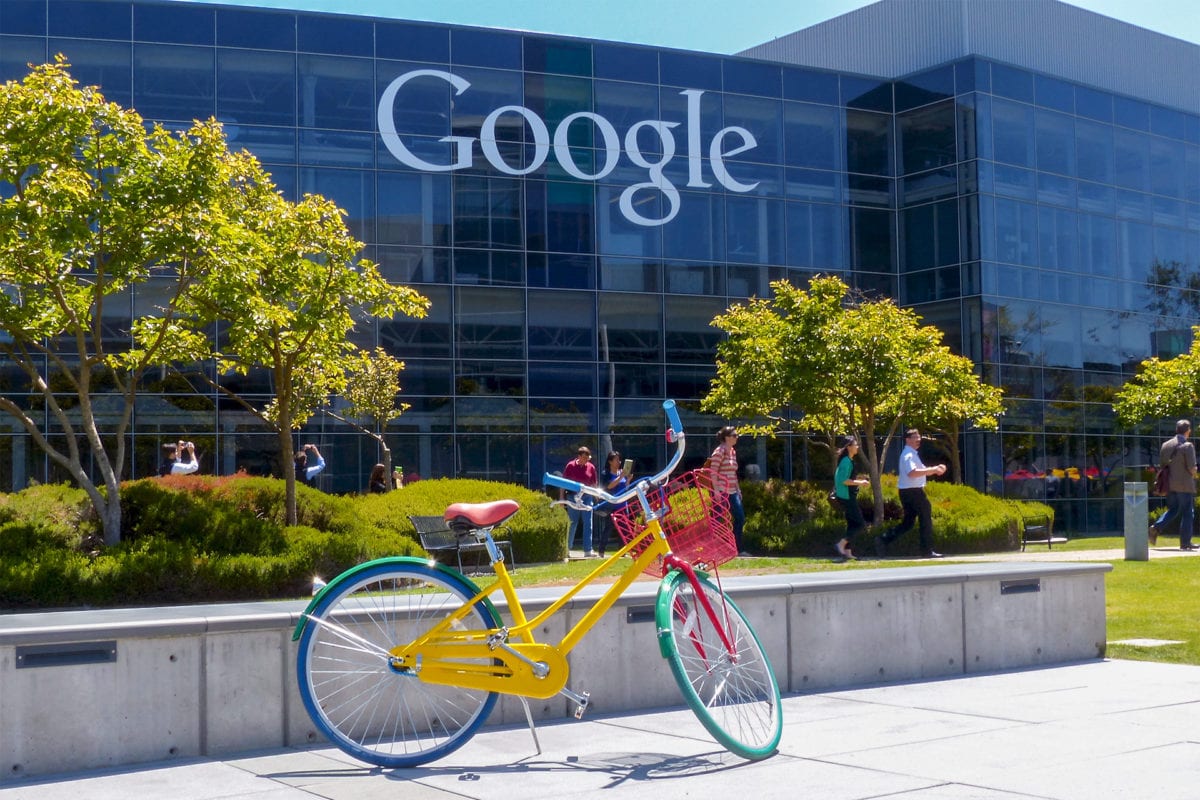Susan Sly is a multifaceted leader—an award-winning AI entrepreneur, accomplished author, and keynote speaker with decades of experience navigating the intersections of business, technology, and personal resilience. As the Founder and CEO of ThePause.AI, she is at the forefront of using artificial intelligence to address women’s health, particularly supporting women through the menopause journey. With a career that spans co-founding a nine-figure company and leading in the AI space since 2018, Sly brings visionary insight and practical expertise to her work, making her a sought-after voice in tech innovation and leadership.
From launching her first business at just 11 to facing a life-altering MS diagnosis, Sly’s path has been one of perseverance, purpose, and reinvention. A mother of five and passionate advocate for women’s empowerment, she champions the belief that success can be holistic—encompassing career, health, and family. In this interview, she shares the key lessons from her entrepreneurial journey, how she’s redefining balance and leadership, and why technology must serve humanity in meaningful ways.
You’ve been an entrepreneur since you were 11 years old. What was your first business, and does it continue in any form today?
Like many Canadians, I grew up in an immigrant family where hard work and entrepreneurship were part of daily life. My family ran a Chinese restaurant in Southeastern Ontario, immersing me in business from a young age. One Christmas, when I was eleven, I wanted to buy gifts alone. When I asked my dad for money, he firmly said, “Absolutely not, but you can earn it! Why don’t you start a business?” That challenge sparked my entrepreneurial journey.
Determined, I decided to make and sell handmade Christmas ornaments. With my dad’s encouragement, I created a budget and borrowed a small startup loan of $12 to $15 from him, which turned into $80 in revenue. That first taste of entrepreneurship was exhilarating—it taught me essential lessons about business, creativity, problem-solving, and resilience. While that business no longer exists, the experience ignited a lifelong passion for entrepreneurship. It showed me the power of initiative and resourcefulness, principles that continue to shape my career today.
By the age of 24, you had your first million-dollar venture. What do you credit for this remarkable achievement?
At 19, I earned my university degree in three years and became a certified personal trainer and nutritional consultant. My passion for health and fitness fueled my ambition, and I set bold goals early on. When I walked into a fitness club for a job interview, I told myself, “One day, I’m going to own this club.” Years later, when the opportunity arose to buy that club, I was determined to make it happen.
With a newborn baby in my arms, I faced the daunting task of securing startup capital, managing operations, and balancing the demands of motherhood. It was an intense and often overwhelming experience, but I refused to let obstacles define me. Though the journey was far from smooth—culminating in financial struggles and my MS diagnosis—it became one of my most significant learning periods. The experience taught me the importance of understanding every aspect of a business, especially finances. It also reinforced my belief that resilience, vision, and adaptability are key to success. That first million-dollar venture wasn’t just about financial gain but about proving that I could turn dreams into reality, no matter the challenges.
For an entrepreneur who feels disadvantaged by an illness or condition, what encouragement would you give them?
Your condition does not define you—your response to it does. After being diagnosed with MS, I could have succumbed to self-pity, but instead, I chose to focus on solutions and take control of my well-being. I embraced a holistic approach, prioritizing mindfulness, nutrition, and rest while surrounding myself with a healthcare team aligned with my vision. Challenges may require adjustments, but they don’t have to limit your success. My message to anyone facing an illness is this: you can create a lifestyle supporting your health and ambitions. There’s always a way forward, and you can thrive by setting standards that empower you to live fully.
When choosing a life coach or planner, what are some of the specifics that one should look for?
Find someone who has succeeded in the area you wish to grow in. Success leaves clues: the best coaches have real-world experience, a proven track record, and testimonials from clients who have achieved tangible results. Look for someone who aligns with your values, understands your goals, and offers personalized strategies rather than a one-size-fits-all approach. Don’t settle for the slow track—seek coaches who challenge and inspire you to reach your full potential, hold you accountable, and push you beyond your comfort zone to unlock new levels of success.
What motivated you to begin supporting Sistering and other charitable causes?
I’m deeply passionate about causes that empower women and children, as I believe that providing support and opportunities can break cycles of hardship and create lasting change. Sistering stood out because it focuses on education and practical skills, helping women rebuild their lives with dignity and independence. Seeing the direct impact of resources, mentorship, and community support inspires me to give back. Whether donating baby clothes, volunteering time, or teaching life skills, every contribution matters. Giving back fosters a stronger, more compassionate society, and I encourage everyone to find a cause that speaks to their heart and makes a meaningful difference.
You’re known for helping women transform their lives to “have it all.” What’s your secret?
The key is perspective. “Having it all” isn’t about perfection but fulfillment. It looks different for everyone, so start by defining what it truly means for you. Is it career success, financial stability, strong relationships, or personal well-being? Once you identify your priorities, align your actions with those goals and let go of unrealistic expectations. Balance comes from intentional choices, not from doing everything at once. When we shift our perspective to what truly matters, we realize we already have much to be grateful for, and from that place of gratitude, we create even more abundance in our lives.
Does self-care play a role in your success?
Self-care is non-negotiable for me. I’ve learned that to honestly give my best to my work, family, and community, I must care for myself—physically, mentally, and emotionally. It includes regular meditation for clarity, quality sleep for energy, a plant-based diet for nourishment, and consistent exercise for strength and resilience. Prioritizing self-care isn’t selfish; it’s essential. When we invest in our well-being, we show up as our best selves, make better decisions, and have the stamina to pursue our goals with passion and purpose. It’s the foundation that sustains long-term success and fulfillment.
How do you instill resilience in your children and help them navigate life’s challenges?”
I encourage my kids to view challenges as opportunities for growth and develop a perseverance mindset. We have open conversations about the importance of hard work, gratitude, and giving back, helping them understand that setbacks are a natural part of life and a chance to learn. Every evening at dinner, we share the highlight of our day—a practice that keeps us grounded, connected, and appreciative of life’s small wins. Parenthood has taught me patience, resilience, and the value of leading by example. My children inspire me daily with their insights and wisdom—they are my most outstanding teachers and motivators to keep striving for excellence.
Jennifer M Williams | Editor in Chief








